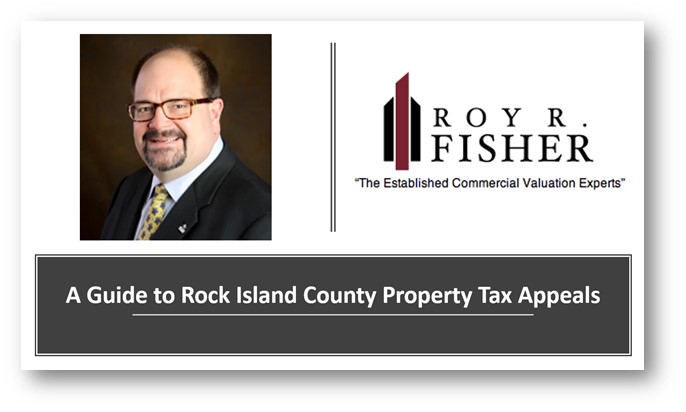It’s time to think about property taxes. Real estate prices surged in 2020 and again in 2021. This is great if you’re selling a property, but not so great if you’re buying or facing an assessment that is going to raise your property taxes.
According to the Scott County Assessor, a combination of historically low interest rates, reduced property inventory in the county and throughout the Quad Cities, and increased local demand all sent property values to never-before-seen highs, despite the COVID-19 pandemic. The Scott County Assessor is required by law to adjust assessed property values every two years, and 2021 is that year. This means assessments will rise for most properties in line with the local real estate market.
The Quad City Times has reported that the average residential property increased by  about 8.5% in Scott County last year. Fortunately for commercial clients, those numbers were not as high for commercial properties. Commercial and industrial properties increased by about 6.5% in the county. Unfortunately, if your commercial real estate portfolio includes apartments and other multi-family dwellings, those values increased by about 13%. Unless you’re planning to sell and take in the profits in a hot real estate market, you’re going to be looking at a higher tax assessment.
about 8.5% in Scott County last year. Fortunately for commercial clients, those numbers were not as high for commercial properties. Commercial and industrial properties increased by about 6.5% in the county. Unfortunately, if your commercial real estate portfolio includes apartments and other multi-family dwellings, those values increased by about 13%. Unless you’re planning to sell and take in the profits in a hot real estate market, you’re going to be looking at a higher tax assessment.
There is a bit of good news for those commercial property owners who also own homes in Scott County. Homeowners in the county can now sign up for Homestead, Military, and BPTC property tax credits online. This is a new service provided by Scott County that should make life just a little bit easier for property owners. To qualify, the property owner must be a resident of Iowa, pay Iowa income tax, and occupy the property on July 1, and for at least six months of every year.
At this point in the year, there’s not much recourse for property owners who feel their assessments are too high. The deadline to appeal was in April.
While no one enjoys paying higher taxes, it’s worth remembering that these higher tax assessments mean your commercial property is worth more than ever before. If you’ve been thinking about selling properties, now may be the time to lock in and take those profits. If you want to hold onto those properties, it’s worth looking ahead to 2023 when the next assessments will go into effect.
For more information, contact the Scott County Assessor’s Office at 563-326-8635, email assessor@scottcountyiowa.gov, or contact us.


